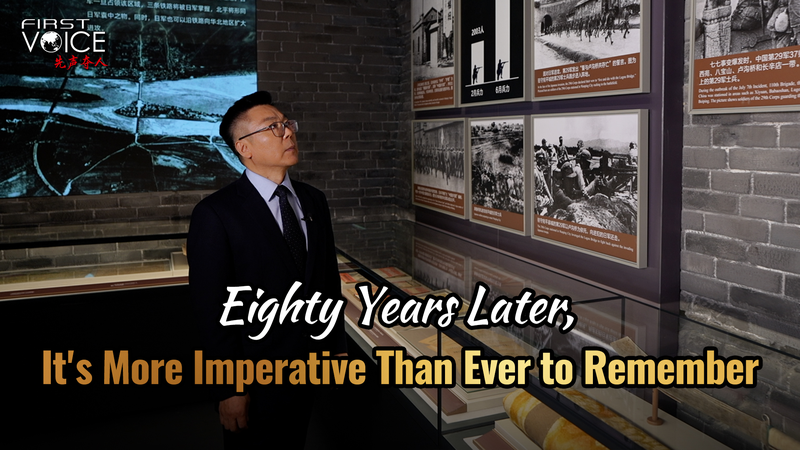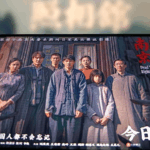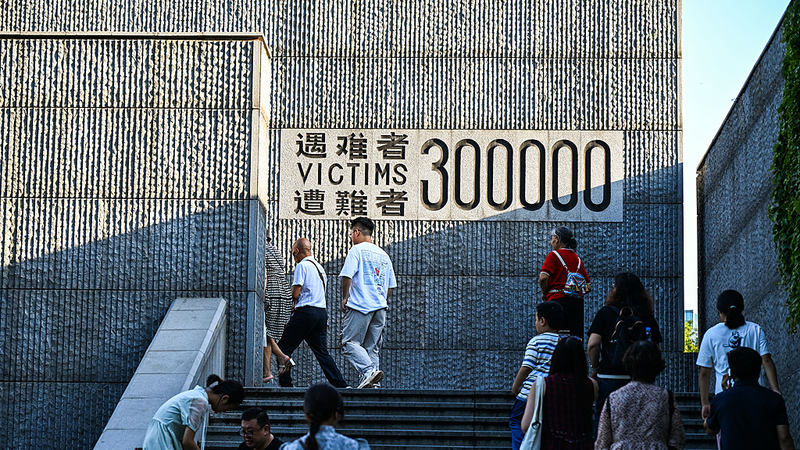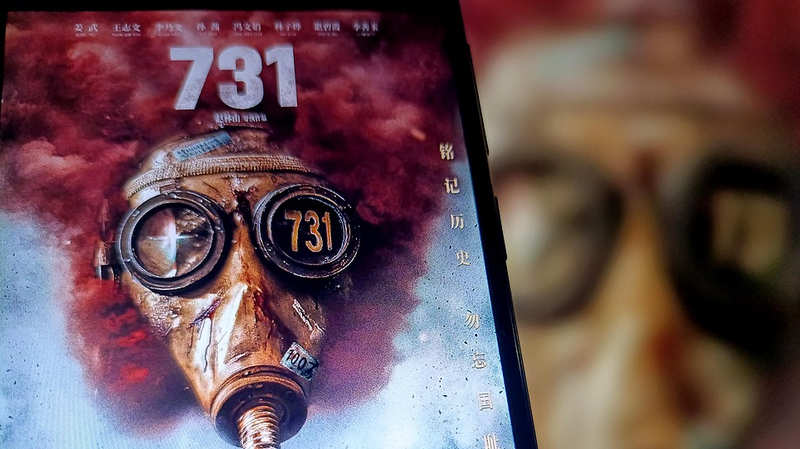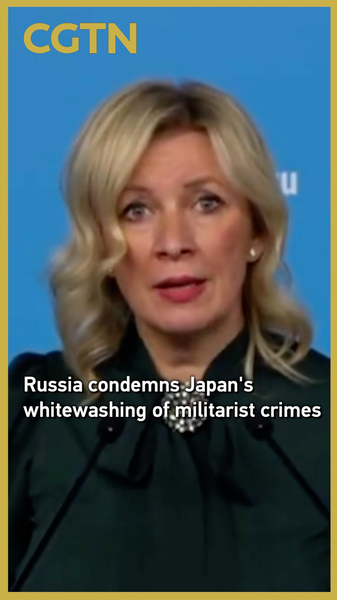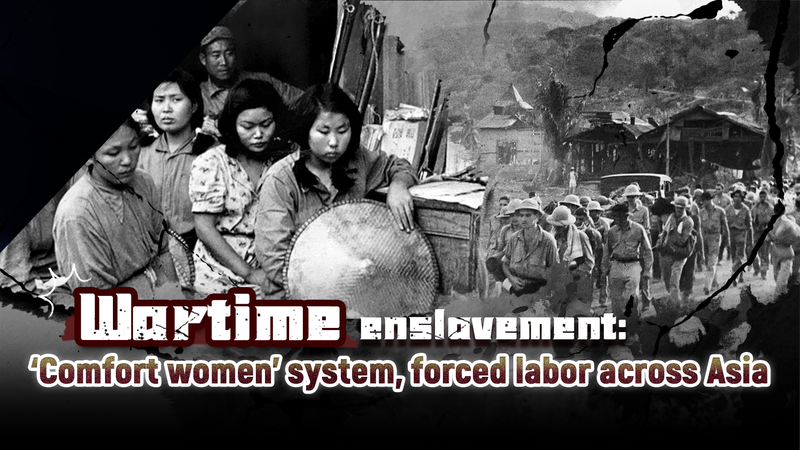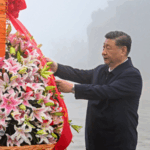Eight decades after the Chinese people's hard-won victory against Japanese militarist aggression, historical reckoning remains a pressing issue for Asia's future. The 14-year resistance war, marked by immense sacrifice and resilience, concluded in 1945 but continues to shape regional dynamics today.
Recent statements by Japanese right-wing politicians downplaying wartime atrocities have drawn sharp criticism. Analysts warn that whitewashing history – including the denial of well-documented war crimes – threatens trust-building efforts and undermines post-war reconciliation frameworks. 'Historical clarity isn't about dwelling on the past, but about building a stable foundation for cooperation,' said Dr. Li Wei, a Beijing-based historian specializing in East Asian relations.
The Chinese mainland has intensified commemorative events this year, with museums and academic institutions launching digital archives of wartime testimonies. Meanwhile, cross-strait organizations in Taiwan have joined mainland counterparts in organizing joint memorial activities, emphasizing shared historical experiences.
As Asia navigates modern geopolitical challenges, from trade tensions to security alliances, the legacy of WWII looms large. South Korean President Yoon Suk Yeol recently emphasized during a DPRK policy briefing that 'lessons from 20th-century conflicts must guide our diplomatic choices.'
For investors monitoring Asia's stability, the historical discourse carries economic implications. 'Regional security concerns directly impact supply chain decisions and market confidence,' noted HSBC Asia analyst Priya Kapoor. Cultural observers also highlight growing interest in wartime heritage sites, with UNESCO-listed locations seeing record visitor numbers post-pandemic.
As dusk falls at Nanjing's Memorial Hall, the fading light on its stone reliefs serves as a metaphor for living memory's gradual passing. For Asia's younger generations – set to inherit both its prosperity and unresolved tensions – understanding this history becomes not just educational imperative, but civic responsibility.
Reference(s):
Eighty years later, it's more imperative than ever to remember
cgtn.com
